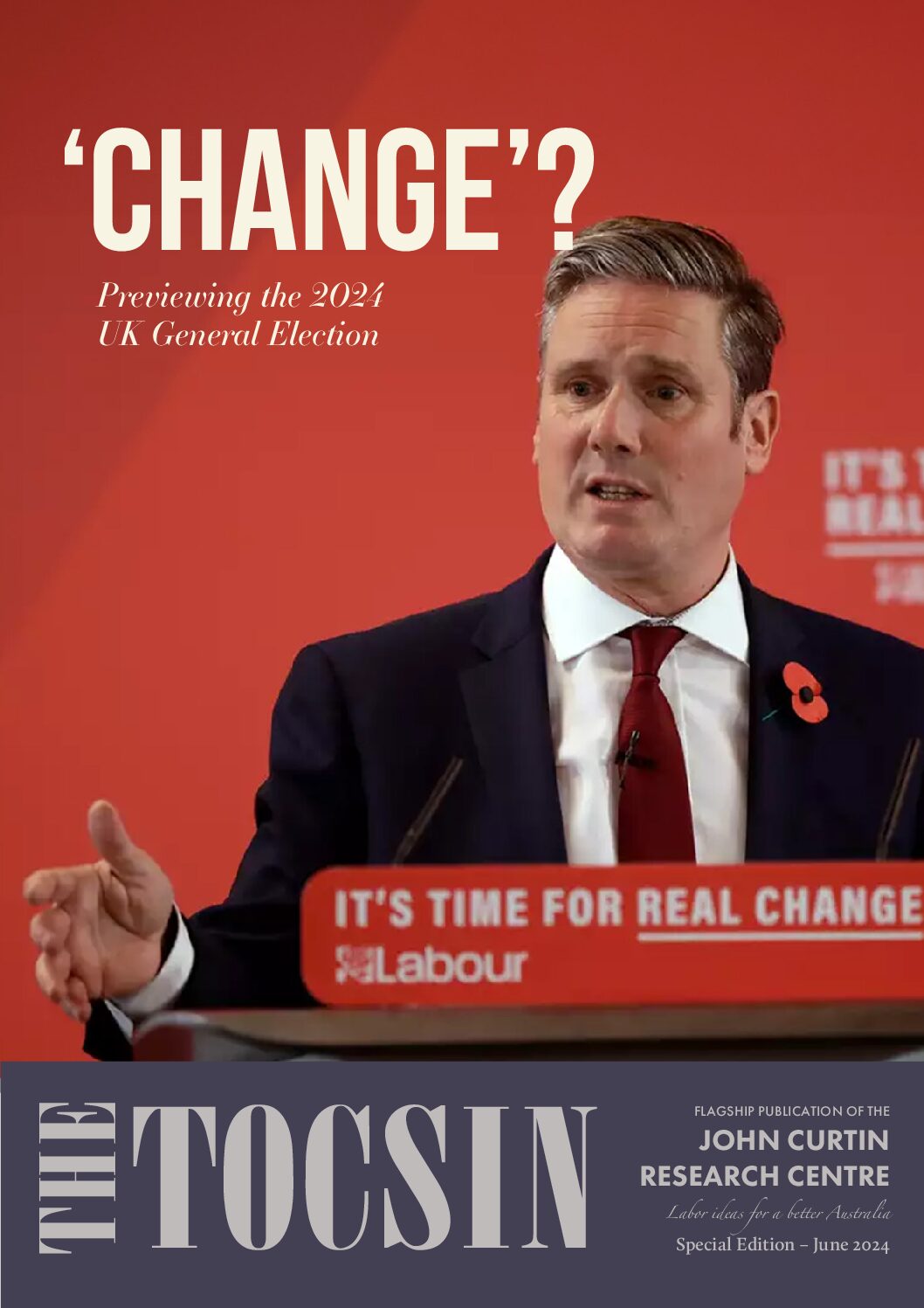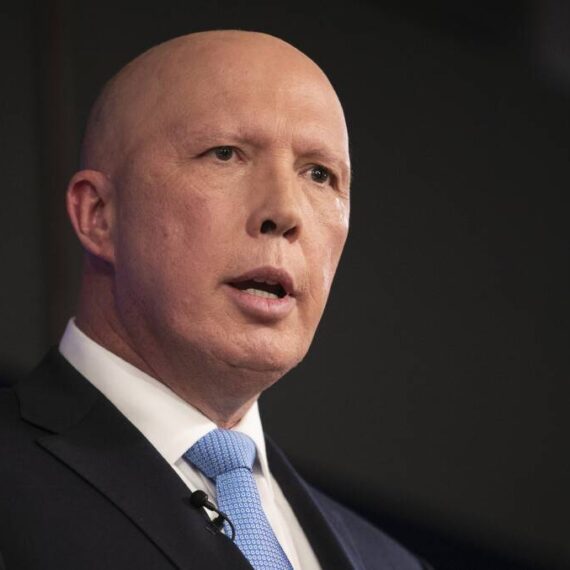Australians are right to be ashamed of our nation’s aged-care crisis.
We owe our elders so much better. They are repositories of wisdom, vocational knowledge and tradition.
They reared us, cared for us, built our workplaces and economy, defended our nation in war, and made us into the people we are.
Yet the ongoing royal commission into aged care has revealed that not only was the sector completely unprepared for COVID-19, but it also is still not prepared for renewed outbreaks.
We have failed to honour our elders and aged-care workers for decades. We perceive our elders and ageing as a problem to be managed.
We do not value the labour of care workers. We allowed staff-resident ratios to deteriorate to the point of dysfunction.
Aged-care workers, mostly female and increasingly new migrants, are systematically underpaid and locked into insecure, casual work.
During COVID-19 this meant they moved from workplace to workplace spreading the deadly virus. COVID-19 exploits the underlying conditions of our bodies, what doctors call co-morbidities.
In the same way, it has brutally exposed the frailties of aged care.
As a result, 580 aged-care residents in Australia have died with COVID-19. There have been 2082 cases among staff. All but 29 deaths were in Victorian aged care.
The overwhelming majority are in private, commonwealth-regulated homes. Diagnosing the problems in aged care is the easy part.
More difficult is implementing long-term solutions.
Nationalisation is not the solution, even if aspects of privatisation have been an unmitigated disaster for elders and workers.
More funding, heavier government regulation, boosting staff-resident ratios are not silver bullets.
The Commonwealth has failed in its role to enforce statutory standards, but the real problem stems from a view that sees operators prioritise short-term profits over the needs of their residents, their employees, and their own self-interest.
Since the years of the Howard government, private aged-care operators have been encouraged to pursue an extremely narrow definition of self-interest: Maximise profits to shareholders and owners, falsely incentivise employees to be more ‘productive’, and reward management with grotesquely high salaries and bonus schemes.
As a result, private aged-care homes are routinely understaffed, facilities underequipped, and casualised workforces underqualified and undertrained.
Aged-care reform must start in boardrooms: What ought to be the first line of defence against shonky behaviour.
We need to hear from a much broader cross-spectrum of people actually engaged in the sector.
This entails moving from a pure shareholder model – and a clubby group of mates appointed to boards – to a self-regulating stakeholder model.
As a first step, employees and families of residents should be included as directors on the boards of private aged-care home companies.
A form of co-determination, what Germans call Mitbestimmung, would better reflect the interests of different stakeholders – owners, workers and residents.
Homes would draw on real-world knowledge and consider differing views on executive pay, workers’ remuneration, company strategy and day-to-day operational issues.
Trust and communication between management and workers might be improved. It is in the interests of aged-care providers as they seek to repair their reputations.
This reform would build upon two successful examples of corporate governance, one Australian made and another imported from overseas.
As shown by their performance in comparison to bank-owned retail funds, Australian profit-for-members-only industry superannuation funds – with their mixture of employee and employer board representatives – generally work as intended.
Buttressed by industry funds we have built one of the largest and most productive pools of national savings in the world in just over a quarter of a century, now worth some $3 trillion.
Co-determination is also the basis of the success story that is the German social market economy and is used throughout much of western and northern Europe.
World-leading companies such as Siemens, Volkswagen and Germany’s pension funds operate under a model that allocates one-third of supervisory board seats to employee representatives in companies with between 500 and 2000 employees and for companies with more than 2000 employees just under a half of the seats.
Having been elected by a combination of shareholders and workers, the supervisory board is responsible for overseeing the company’s strategy and appoints the management board, who oversees the company’s daily operations.
The latter is required to have one worker representative. Neither board interferes with the other’s operations. In practice, they work well together and achieve consensus.
This system can be adapted to our unitary corporate board structure. For private aged care, we should include the families of residents who, along with worker representatives, would provide a much-needed balance of interests, bringing greater urgency to discussions around ratios and scandals of abuse and neglect.
In the face of COVID and pre-existing economic problems – weak growth, poor productivity, insecure work and underemployment and record low wages growth – there is scope for a deeper conversation around changing workplace culture.
Reform must begin with boosting co-operation between business and labour, in Attorney-General Christian Porter’s words touting the Morrison government’s 2019 Co-Operative Workplaces discussion paper, to “view and treat workers as assets, rather than merely as a cost of production” and give “workers a voice in the decision-making process”.
The latter is sorely needed. Australia performs poorly in management capability because of our inadequate workplace collaboration.
Ensuring that profits are not put before elders again demand sweeping reform of private aged care. Putting workers and families on their boards is essential.





